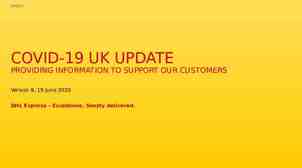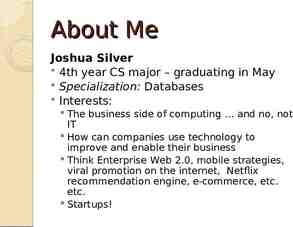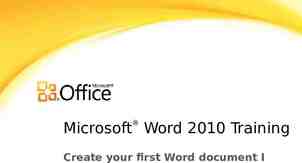Fatigue in Transverse Myelitis Kerry Mutch NMO Advanced Nurse
15 Slides1.90 MB

Fatigue in Transverse Myelitis Kerry Mutch NMO Advanced Nurse Practitioner Walton Centre Foundation Trust Liverpool

Fatigue after Lunch

Benefits of Drinking Water You can’t live without it! Reduces Fatigue No calories Stops headaches Reduces urine infections Helps relieve constipation Gives skin a healthy glow Gives energy It’s Free Reduces Fatigue

Impact of Fatigue Affects quality of life and functional ability Adversely affects ability to self manage symptoms ability to cope mood and self esteem Can aggravate other TM symptoms Depression Fatigue

Fatigue in NMO Fatigue affects different people in different ways There are many factors that contribute to fatigue Symptoms Sleep Diet Disability Medications Exercise Person with TM Mood Stress

Fatigue Types in TM Primary: related to disease process o Probably related to the underlying pathologic alterations in TM such as demyelination, inflammation and axonal injury The inability of a muscle or group of muscles to sustain the required or expected force Secondary: associated with disease related factors Walking difficulties Sleep disturbance Pain Spasms Bladder symptoms Breathing difficulties ‘Normal’ activity related fatigue

Trigger Factors of Fatigue Not drinking water Poor diet – wrong food Poor Posture seating/bedding Poor sleep patterns Temperature heat/cold Infection/Virus Emotions mood/stress Other medical conditions Anaemia Doing too much Excessive exertion De-conditioning Taking insufficient breaks Medications

Medications and Fatigue Medications side-effects that can cause fatigue; Analgesics Anti spasticity Anti convulsants Anti hypertensives Anti depressants Anti histamines

Modified Fatigue Impact Scale 61 people with NMO completed MFIS Because of my fatigue during the past 4 weeks. Never Rarely Sometimes Often always 1. I have been less alert. 2. I have had difficulty paying attention for long periods of time. 0 1 2 3 4 0 1 2 3 4 3. I have been unable to think clearly. 0 1 2 3 4 4. I have been clumsy and uncoordinated. 0 1 2 3 4 5. I have been forgetful. 0 1 2 3 4 6. I have had to pace myself in my physical activities. 0 1 2 3 4 0 1 2 3 4 7. I have been less motivated to do anything that

Total Impact of Fatigue 25 P t N o s Physical Fatigue 20 P t s 20 18 16 14 15 12 10 10 8 5 6 4 0 Never/Rarely Sometimes Total fatigue Often 2 Almost always 0-84 0 Never/rarely Sometimes Physical fatigue Cognitive Fatigue Often Almost always 0-36 Psycho social Fatigue 18 30 16 25 14 20 12 P 15 t s 10 P t s 10 8 6 5 4 0 2 Never/Rarely Sometimes Cognitive fatigue Often Almost always 0-40 0 Never/Rarely Sometimes Psychosocial fatigue Often 0-8 Almost always

Priciples of Managing Fatigue Ensure the best levels of energy Using Energy Available in Most is available Productive Way

Using Energy in Most Effective Way Planning – Efficient use of energy supplies means more can be achieved. Prioritising – Better to complete smaller tasks than try everything and complete nothing. Pacing – more beneficial rather than continuing to point of exhaustion and being forced to rest. Delegating – Many people feel guilty about asking people to do jobs they previously did. Motto- I Can if I Plan

Energy Effectiveness Strategies Increase your fluid intake!! Make life as easy as possible for yourself Use labour saving equipment Do things differently Organise work area to avoid unnecessary bending, reaching or walking Activity and exercise benefits Relaxation, deep breathing, yoga, pilates Sleep patterns and routine

For the Lion To Wake up Drink More Water Thank you







